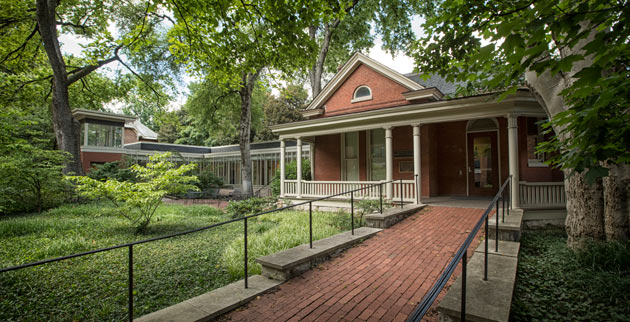
The Bishop Joseph Johnson Black Cultural Center marked its 35th anniversary during Reunion Weekend, celebrating the impact of its innovative programming, support and services to students, faculty and staff at Vanderbilt. Affectionately referred to by many alumni as “The House,” the Black Cultural Center has been at the forefront of the university’s efforts to foster a more diverse and inclusive community, showcasing the legacy, contributions and impact of African Americans, past and present, both at the university and in society at large.
“The Bishop Joseph Johnson Black Cultural Center is a cultural hub for community members to learn, connect and engage with African and African American culture,” said its director, Rosevelt Noble, assistant dean of residential colleges. “The work of this center over the past 35 years has been key to advancing inclusion and belonging at Vanderbilt and has led to many significant changes in our community. I’m thankful to the staff, who are the heart of this center and have made it a home away from home for the thousands of students, faculty and staff who have come through our doors.”
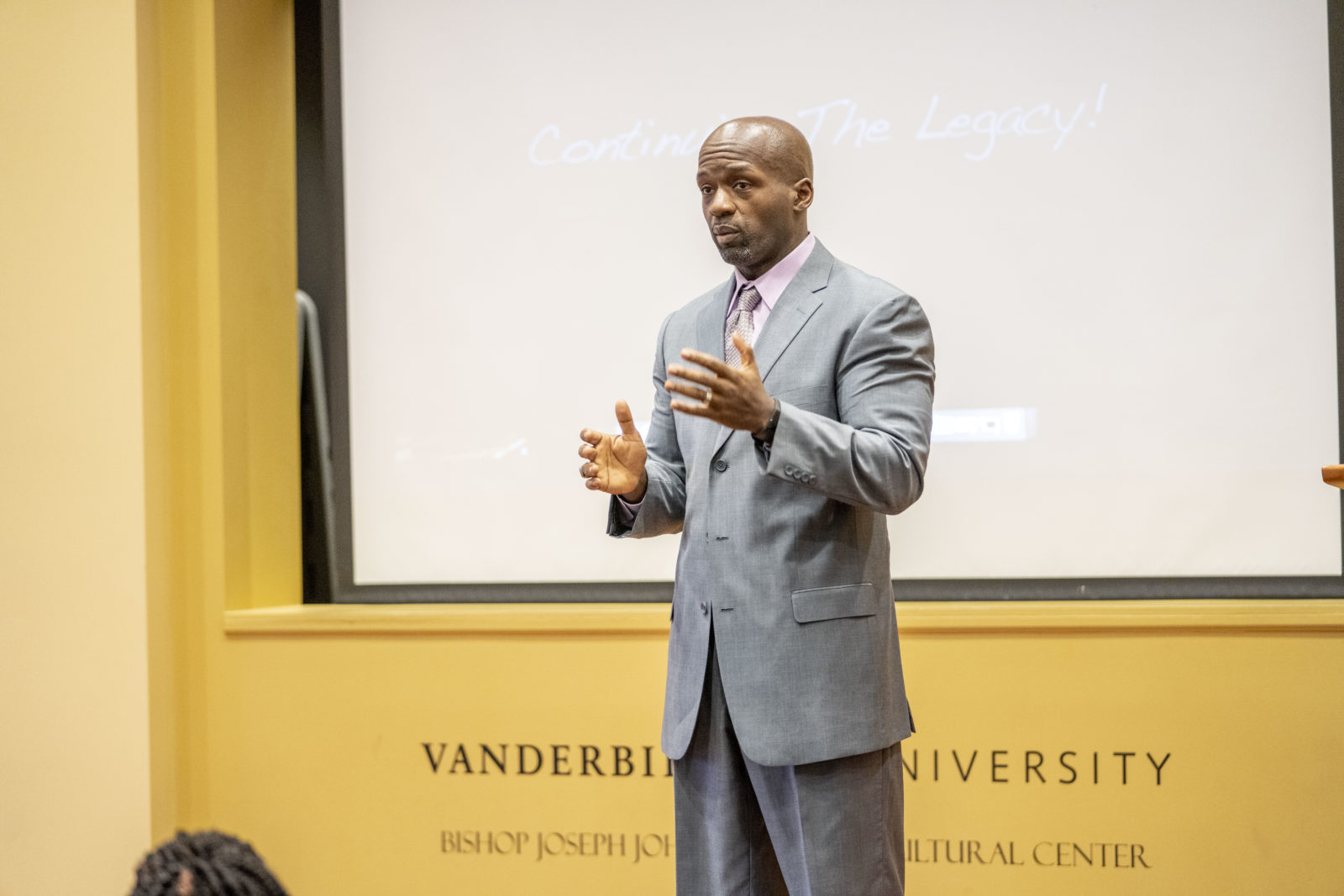
The center was initially called the “Afro House,” and black students began regularly gathering in the building now known as the Bishop Joseph Johnson Black Cultural Center in the early 1970s. The university officially dedicated the center on April 12, 1984, naming it in honor of the first African American to graduate from the university, Bishop Joseph Andrew Johnson Jr., who received a bachelor of divinity in 1954. Johnson later went on to become the first African American to earn a doctorate from Vanderbilt in 1958. In 1971, he was elected to the Vanderbilt Board of Trust, a role in which he served until his death in 1979.
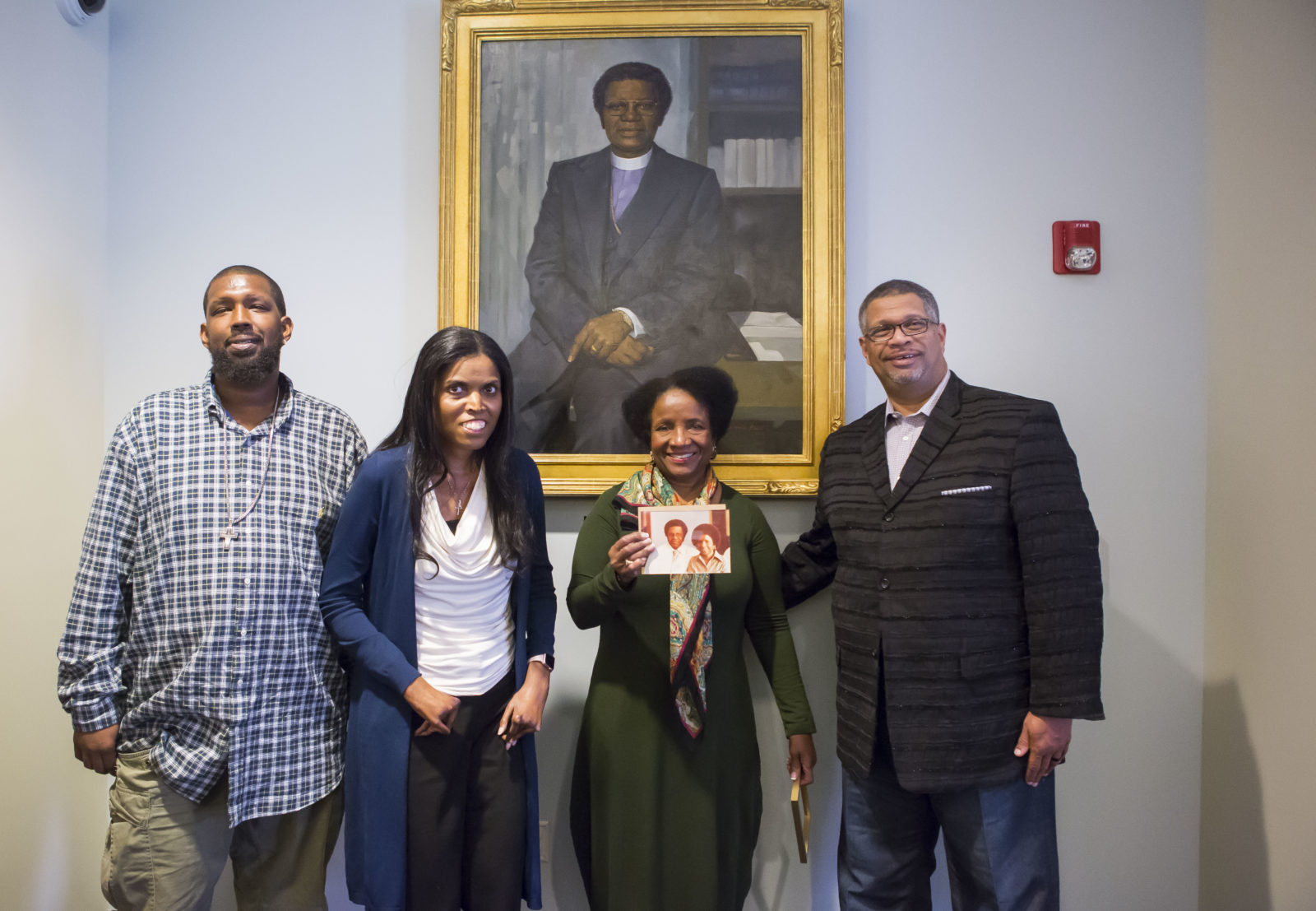
The Black Cultural Center honored Johnson during the anniversary celebration, welcoming his family to the center for the installation and dedication of his Vanderbilt Trailblazer portrait, which was painted by artist Simmie Knox and first unveiled in Kirkland Hall in 2018. During the dedication ceremony, many family members of Johnson shared their personal reflections of him as a father and grandfather, as well as the impact and legacy he had on the Vanderbilt community.
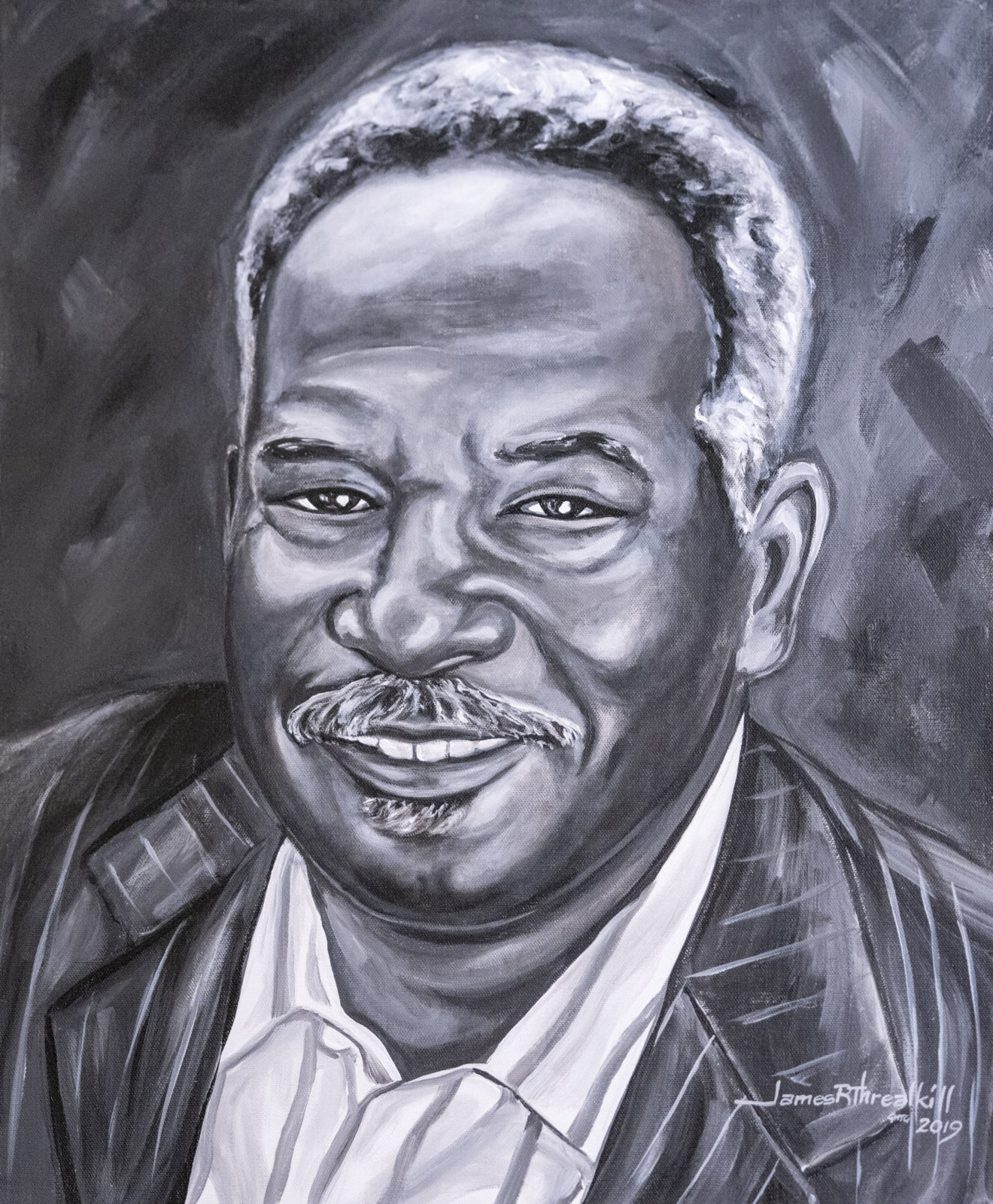
David Williams II, former vice chancellor for athletics and university affairs and athletics director, and Frank Dobson, associate dean of The Martha Rivers Ingram Commons, were also honored during the weekend’s activities. Noble unveiled portraits of each of them by artist James Threalkill, BS’79, as part of the Legacy Pioneer portrait series. The portraits reside in the Black Cultural Center’s Study Lounge and join the 10 Legacy Pioneer portraits unveiled last year.
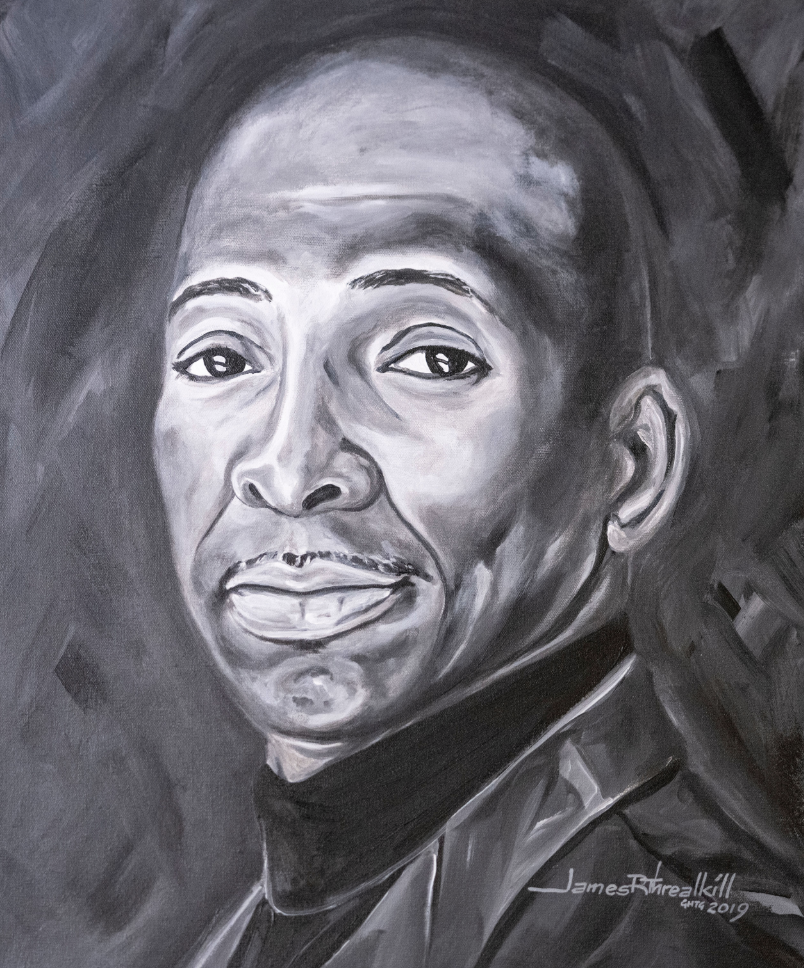
During Reunion Weekend, the Black Cultural Center also held its annual Legacy Pioneer Lecture, which featured the center’s first director, Ray Winbush, now a research professor and director of the Institute for Urban Research at Morgan State University. Past Legacy Pioneer speakers include Larry Wallace, BE’72, the first black president of Vanderbilt Student Government, and Robert Moore, BA’68, the first president of the Afro-American Association, currently known as the Black Student Association.
The weekend also included the Black Vanderbilt State of the Union talk by Noble. He shared updates on cultural programming, student support, community outreach and service opportunities the center provides. He also discussed the center’s work in advising student organizations, leading the annual black graduates’ recognition ceremony, and new academic initiatives focused on African and African American culture, such as the Black History Immersion Excursion. Noble spoke about the evolution of the center, from its $2.5 million expansion in the early 2000s to the more recently renovated study lounge, the graduate and professional lounge, gender-neutral bathrooms, the library, a student visual art gallery and more.
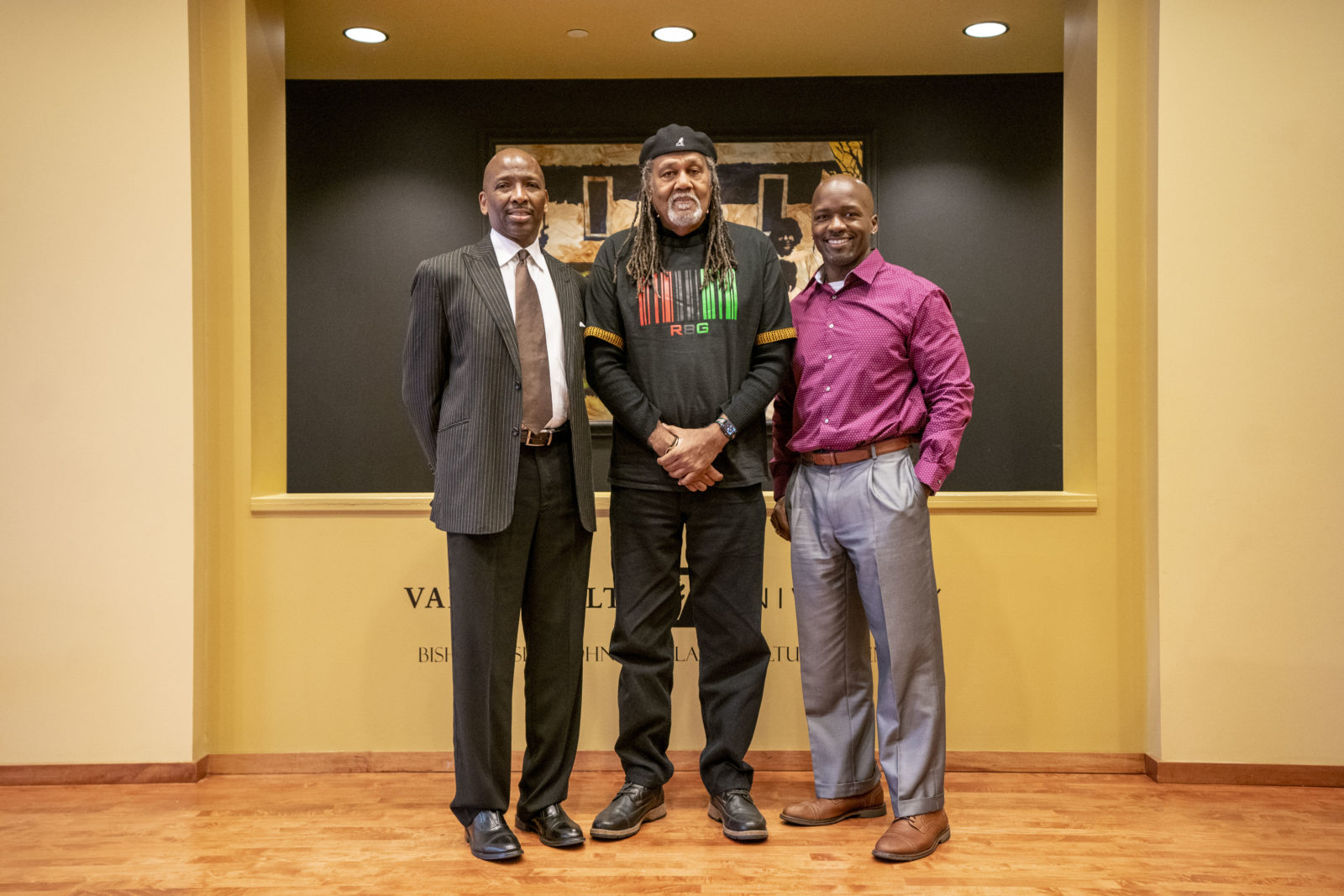
Visit the Black Cultural Center website to learn more about the history of the center and ways to get involved.















